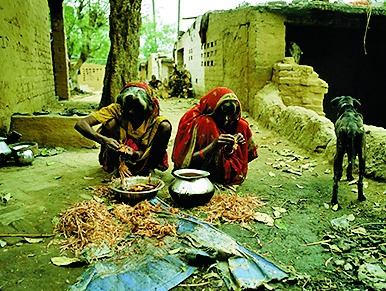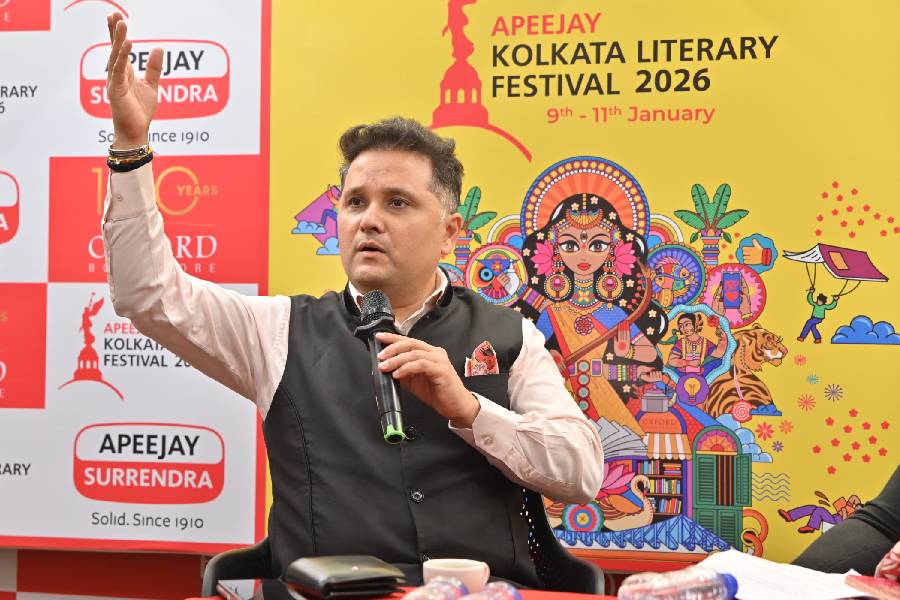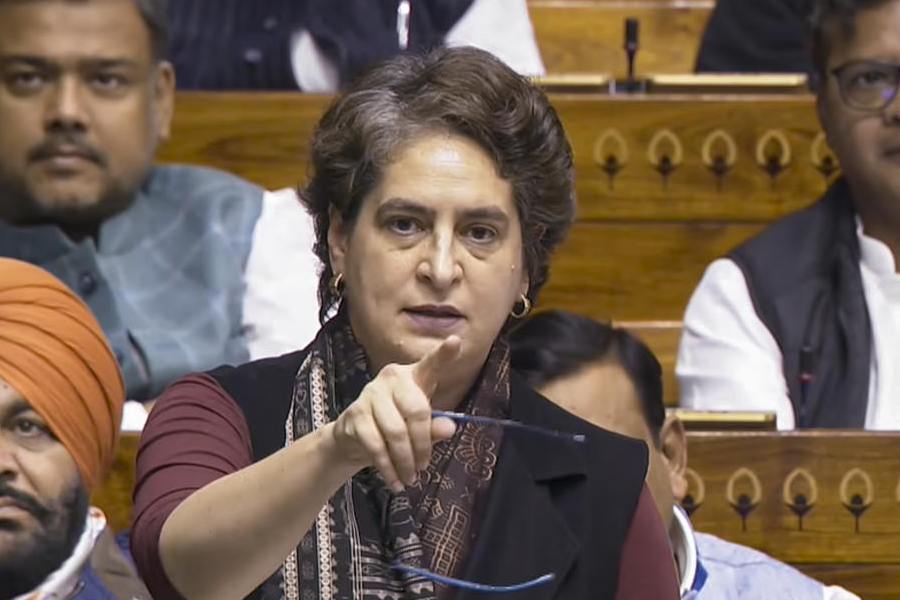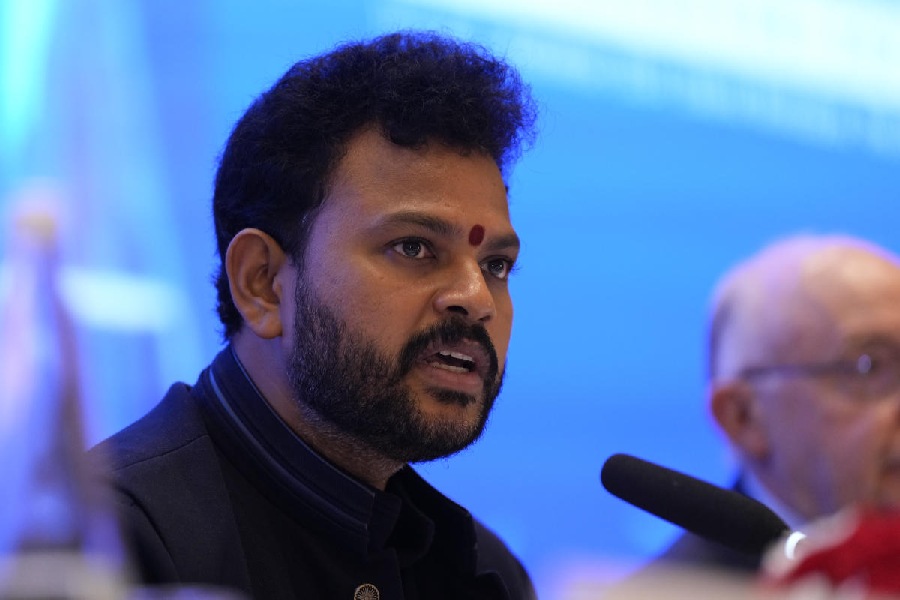Glimpses of other lives
The Lottery of Birth: On Inherited Social Inequalities
(Three Essays Collective, Rs 395) by Namit Arora is a collection of essays and book reviews that he has revised and expanded for this book. All the pieces are based on the author’s derision at the idea of a “just world” — a place where worldly success comes to those who deserve it. Arora explores complicated issues like caste, class and gender inequalities through the writings of popular authors such as Salman Rushdie and Arundhati Roy. These cannot be seen as ordinary book reviews; Arora speaks of the effect these works had on him, making each piece deeply connected to his life. For instance, Jhootan: A Dalit’s Life by Omprakash Valmiki shook Arora, making him perceive, perhaps for the first time, untouchability being practised in his own home.

Arora’s contention that works like Annihilation of Caste need to be read by, and re-presented to, upper-caste readers by writers who belong to those castes — like Roy — is not wrong. But some of the charges of co-option and misrepresentation that were levelled against Roy also hold true for Arora. The angst he feels at the wide gulf that separates his fellow countrymen, however real, is that of a privileged and successful man with an Ivy-league education.
Don’t Let Go
(Weidenfeld & Nicolson, Rs 399) by Michel Bussi has been translated from French by Sam Taylor. As it mostly is with Bussi, other than the knowledge that another cracking mystery is in the offing, the reader has no idea what is coming his way. On a small island off the coast of France, a woman enjoying a family holiday walks into her hotel room and disappears. Bussi builds up the suspense through intricate details. But the large number of witnesses and their contradictory accounts make it impossible to guess where it is that Liane Bellion has vanished, or whether she is alive. There is carnage in the hotel room, but neither a trail leading out of it nor a body to be found. Can a husband with a murky past be trusted, especially when some witness accounts put him not at the beach but the corridor outside the crime scene? But who can vouch for the honesty of the witnesses, given that there is more than one hint of their sexual attraction to Liane? The chronological time stamps in each chapter impress upon the reader just how dangerous lost time can be to such an investigation. The trick is in keeping track of time.

Music, Masti, Modernity: The Cinema of Nasir Husain
(HarperCollins, Rs 599) by Akshay Manwani is not an official biography, but given the extremely hard-to-get interviews, including those given by family members, and the rare photographs in this book, one is tempted to label it as such. Manwani makes an important observation. Nobody considered Husain’s work socially relevant in the context of Indian cinema. But Husain was actually a harbinger of change. His heroes did not languish in love. They were no nation builders, but they contributed to society in their own unique way.










